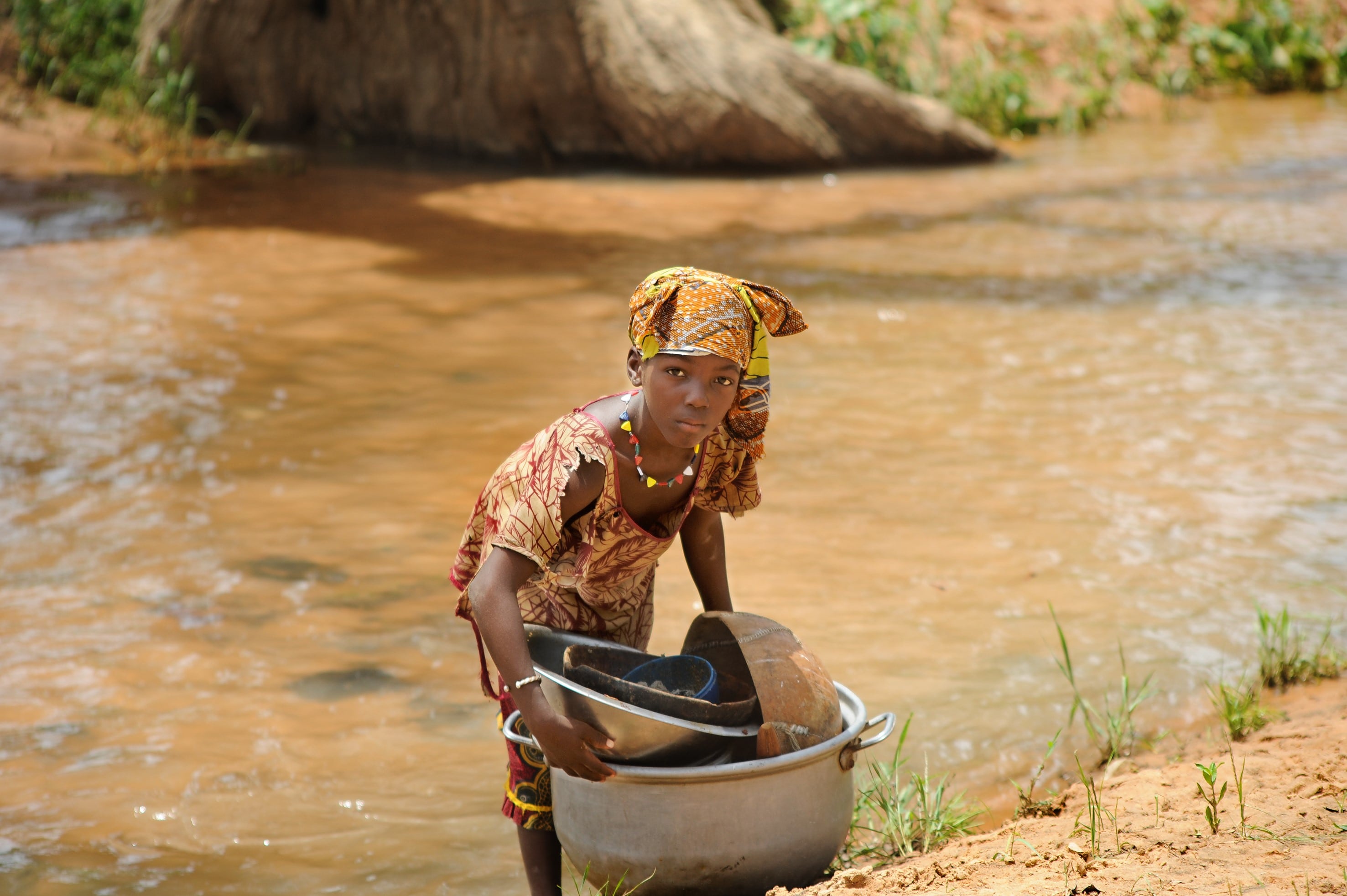The World Health Organisation (WHO) describes neglected tropical diseases (NTDs) as “ancient diseases of poverty that impose a devastating human, social and economic burden on more than 1 bn people worldwide, predominantly in tropical and subtropical areas among the most vulnerable, marginalised populations.”[1] NTDs are not neglected because they are insignificant, NTDs are neglected because they are insignificant to the affluent. Approximately 20 NTDs affect more than 1bn of the poorest and most marginalised people globally as a consequence of the environmental and socioeconomic conditions in which the poor live. Lymphatic filariasis (LF) and onchocerciasis are two NTDs targeted for global elimination.
The resources dedicated to NTDs are not proportionate to the global burden, which affects more than 12.6% of the world’s population. According to the WHO, NTD interventions are among the “best buys” in global public health, offering highly cost-effective interventions with far-reaching economic and social benefits.[1] It is estimated that for every US$1 invested in preventive chemotherapy for NTDs, the net benefit to individuals could be up to US$25 in avoided out-of-pocket payments and lost productivity.
While substantial advances have been made towards the elimination of onchocerciasis and LF in Sub-Saharan Africa, many endemic areas are still experiencing ongoing transmission. In order to achieve elimination in the region, different stakeholders will have a role to play to overcome political socio-economical, societal and geographical barriers:
-
Government—must continue to create healthcare frameworks and policies that embed promotion and prevention of LF and onchocerciasis, prioritise access to and provision of care and treatment to the most vulnerable populations, and drive multisectoral collaborations and partnerships.
-
Pharmaceutical companies—must continue not only to donate drugs, but also invest in research and development of effective and innovative diagnostics and medicines, and develop robust approaches to facilitate access.
-
Global and public health organisations— must work closely with governments and not-for-profits to raise awareness through health promotion and education campaigns on prevention and compliance in treatment, develop ambitious but achievable roadmaps to elimination, and raise funds for high-impact projects in endemic geographies. In addition, these organisations must provide support and advocate the de-stigmatization of disfiguring NTDs such as LF and onchocerciasis.
-
At-risk populations—must remain compliant in taking their treatments as per the prescribed regimens.
References:
[1] WHO. Ending the neglect to attain the Sustainable Development Goals: a road map for neglected tropical diseases 2021−2030. Geneva: WHO; 2021.




